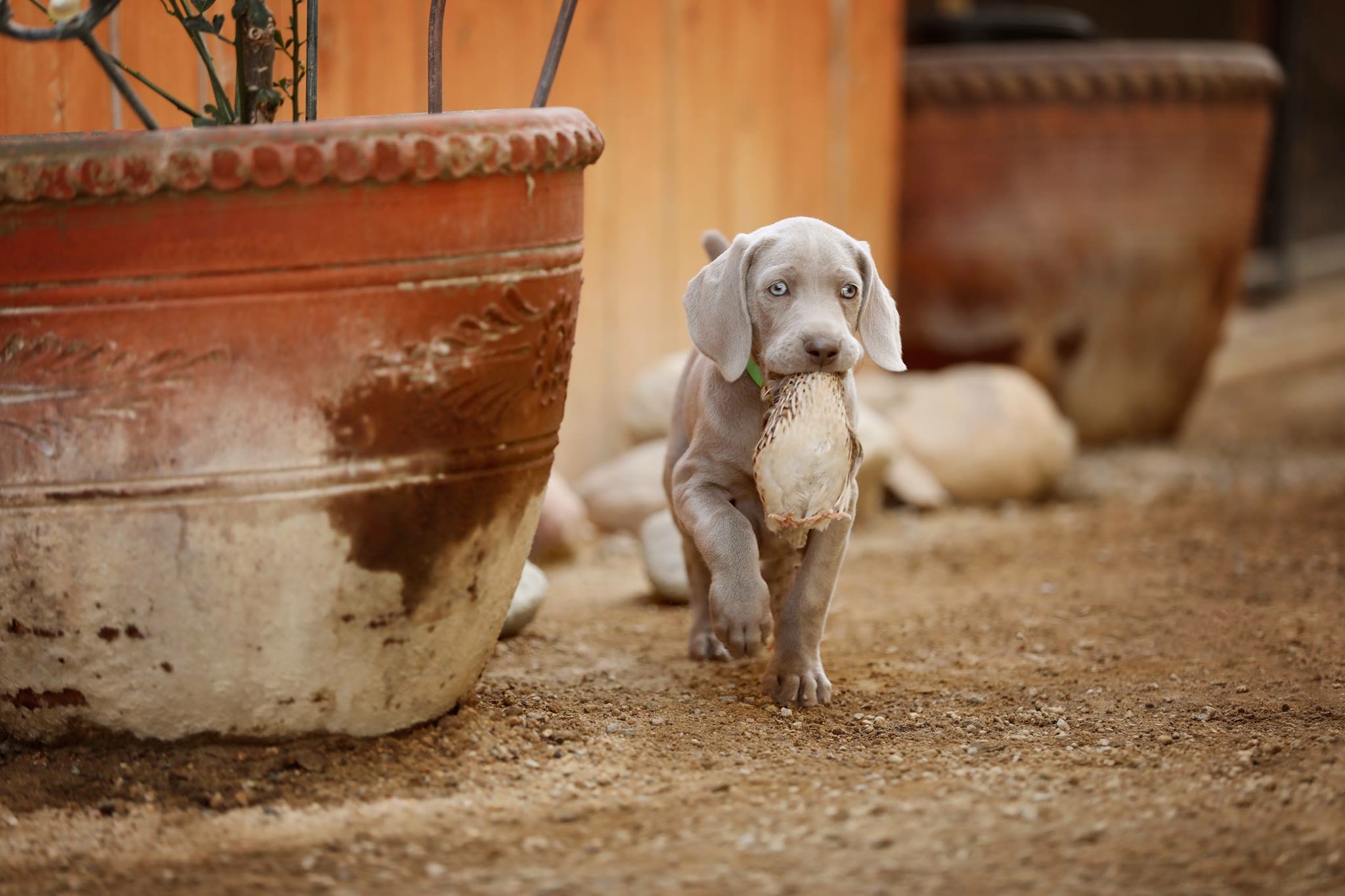Canine Field Injuries, Be Prepared
- Rebecca Gardea

- Jul 7, 2020
- 2 min read

You have just ended a very successful day in the field and it is time to load your dog and return home. A post-hunt tailgate exam is a great way to keep your dog healthy and safe in the field and only takes a few minutes before putting him in his crate.
Unfortunately dog injuries are a part of training and hunting. Dogs run hard, chase, and retrieve through some rough and dangerous cover. They also encounter aggressive wildlife such as porcupines, snakes, and skunks. If you do a good amount of these activities, it is not a matter of if, but when they get injured. So please be prepared to provide aid for an injured dog. Keeping calm and knowing how to respond to an injury will aid in keeping your dog calm until professional help is reached.

If you notice your dog is limping or favoring a leg or paw, check its legs and pads.
Things to look for are torn pads, cuts from barbed wire or glass, and punctures from thorns, just to name a few. Some dogs will injure themselves and not reflect any sign that they are in pain.
Another thing to keep a close eye on while afield is your dog overheating. Do not overwork your dog in warm weather. Some dogs enjoy the field so much that they will run until they collapse. Signs that your dog is overheating are excessive panting, changes in gum and tongue color, disorientation, stumbling and vomiting. Be sure to carry plenty of water with you in warm weather. Give your dog a break and offer them water frequently.
Being the majority of my training and hunting grounds are in rattlesnake territory, I am a believer in my dogs going through a snake aversion class. I also like to run them through a refresher class every 2-3 years. Giving them a rattlesnake vaccine has also proven to generate antibodies against most rattlesnake venom. The vaccines generally aid in the pain and swelling if your dog gets bitten.

Some dogs can get a reaction to insect bites or stings. Carry an antihistamine to treat the bite or sting. Examine your dog after coming out of the field for ticks. Check their eyes and ears also for scratches, cuts, debris, burrs and other objects.
Here are a few items that I carry while out training and hunting;
Dog First-Aid Kit
Plenty of water
Children’s Liquid Benadryl
Benadryl tablets (25 mg)
Hydrogen Peroxide
Clean towel
Tweezers or hemostats
Scissors
Phone number of my vet
Location and phone number of closest emergency vet








Comments